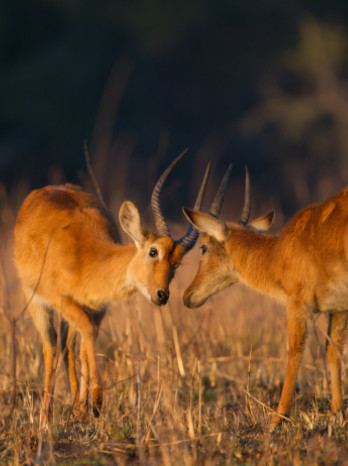Zambia
READ MOREZambia is located in south-central Africa. Zambia is a growing economy with a rich cultural background and a vibrant street and entertainment scene. The country also has great tropical weather and a rich wildlife population.
Other
Information
CURRENCY
The currency is the Zambian kwacha and trades at about 13 kwacha: 1 USD.
LANGUAGE AND POPULATION
English is recognized as the official language and is used in business and education. Nyanja or Chewa and Bemba are the two most widely spoken local languages. In total, there are about 73 languages spoken.
Capital City
Located in the south-central part of the country, Lusaka is the capital and largest city in Zambia.This is the most densely populated area and the center of economic activity, together with the Copperbelt Province.
Plugs and Sockets
The main power plugs and sockets used are Types C, D, and G. Standard voltage is 230V, and the standard frequency is 50Hz.
SIZE
Zambia is a landlocked country with an area of 752,618 km2. The population was estimated at 17 million as of 2017.
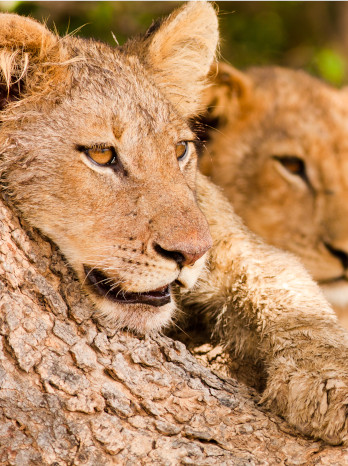
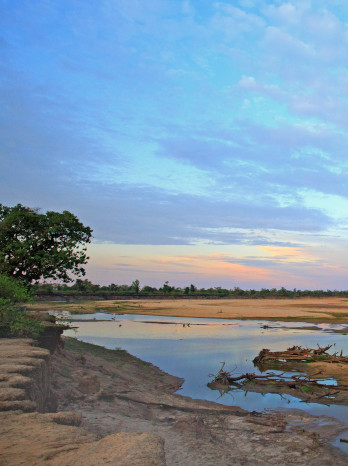
Highlights
01 Great wildlife population including the Big Five game animals
02 Vibrant bar and braai scene
03 Beautiful waterfronts and water activities
04 Unique cultural and traditional experiences
Top 5 Destinations
01 Victoria Falls
02 Mosi-oa-Tunya National Park
03 Kafue National Park
04 Lake Kashiba
05 Blue Lagoon National Park
Unique Experience
• Bungee jumping and white water rafting at the Zambezi River near Victoria Falls
• Enjoy a soothing boat house experience on Lake Kariba
• See a range of Zambian reptiles including crocodiles and snakes at the Kalimba Reptile Farm located just 20 km from Lusaka. You can also see the rest of the farm which rears cattle, pigs, fish, and other animals
• Wildlife safaris in national parks and reserves across the nation
• Enjoy the Zambian open-air bar and grill scene at Polo Grill located in Lusaka near the showgrounds
Local Cuisines
Nshima
This is the staple food of Zambia. Nshima is a maize meal pulp known by various other local names in the southern African region. Different meat and vegetable relished can be served together with nshima.
Dried fish
Although Zambia is landlocked, many rivers and lakes make fishing very popular. Fish can be enjoyed in various ways, but dried fish such as the small kapenta and larger buka buka are very popular as an nshima relish.
Insects
Flying ants or inswa and caterpillars or infinkubala can be enjoyed as snacks or fried with onions and tomatoes to make relish.
Peanut butter spinach
Peanut butter is often added to various vegetables such as spinach, kale, and okra.
Type of Travel
Pre-plan with Agencies
Travel operators and tour guides can assist you in getting great holiday packages and with navigating your way around Zambia.
Accomodation
There are many different accommodation options, including five-star hotels and many smaller lodges and villas.
Rent a Car
Hiring a car is a great option, and it’s quite easy to do from major cities and airports. There are several car hire companies operating in Zambia, including Europcar and Avis.
Transportation
A DIY trip is also possible making use of different local transportation options such as local buses, trains, and airlines to move from different cities and towns, as well as car rental and taxis for shorter trips.
Business
English is commonly spoken, so it is easy to get assistance with directions, etc.
Least Favorite
• If you want to visit a specific grocery or international fast food franchise, those are few and far between, but there are other alternative options
• Accessibility to areas of interest can be difficult without a car. Public transportation is also limited at night
• Business happens at a slow pace in general
Planning Your Trip
Time allocation and itinerary suggestion
Lusaka is the hub of most of the social and cultural points of interest and is a great starting point and base to a holiday in Zambia.
To cover most of the main tourist points of interest, a five-day trip, at least, is a good idea. This allows about two days in and around the capital city and a few other days for Victoria Falls and other national parks of interest.
The rainy season occurs between November and April. Travel year-round is possible. The drier season months run from about May to October and are further divided into the cool, dry season followed by the hot, dry season leading into the rainy season. The hot temperatures throughout the year mean that precautions against heat stroke and dehydration must be taken. Lots of sunscreen and water are recommended.
Malaria precautions such as tablets are important as many areas of the country are risk areas.
English is commonly spoken, so it is easy to get assistance with directions, etc.
Budget
Budget recommendations will vary depending on the preferred accommodation and travel options. With a Tour Operator, a typical Zambia tour is from 5-10 days and costs 2000-5000 USD per person staying in luxury accommodation. This includes all meals too, vehicles, and fees.
The best way is to ask for a quote from safari booking offering Zambia or any other company as if you’re a regular tourist. You can launch without this and just add when you have the info already.
Getting Here
Zambia has several international and domestic airports. Flights to Zambia from major points such as the UK, US, EU, and Asia often make connections in other African cities, particularly Johannesburg, South Africa and Addis Ababa, Ethiopia. From the UK, flights connect to Dubai then to Lusaka. In Europe, most flights come from Amsterdam.
Domestic airlines like Mahogany Air and Proflight service various routes between major cities and destinations in the country such as Lusaka, Livingston(the Victoria Falls area), Solwezi, Mfuwe, Ndola, Kalabo, Jeki, and Lufupa.
• The main airport is the Lusaka Airport of Kenneth Kaunda International Airport. This services domestic, regional, and international travelers and has airlines such as Emirates, Ethiopian Airways, South African Airways, KLM, Kenya Airways, and many others flying through it.
• The Livingstone Airport, now renamed to Harry Mwanga Nkumbula International Airport, is the closest to Victoria Falls and also serves international flights.
• In the Copperbelt Province, Ndola Airport is another international airport.
Safety & Security
Zambia is generally a peaceful and safe country, but valuables should be looked after.
Mugging, robberies, hijacking, and similar crimes do not happen very often, but caution is advised, particularly past 7pm and in unfamiliar areas. Daytime is generally safe.
Zambian cities do not have many tall buildings and standout monuments. Because the skyline is generally flat, it can be difficult to get oriented as far as direction is concerned. If you decide to wander the streets, be sure to keep track of which direction you are going to avoid getting lost.
Getting Around
The main form of public transport is minibuses, which are usually in the color blue. These operate on a fill-as-you go, non-scheduled timetable. For increased accessibility and independence, private car hire, with or without a driver is a great option.
When travelling between major cities and towards neighboring companies, buses and the local train service the Tanzara are also available.
Within the cities and towns, the easiest way to get around is by taxi or private car. Metered taxis can be found at busy street corners, and it’s a good idea to collect phone numbers for different taxi drivers in the areas you travel to.
There are also local uber-like alternatives like Ulendo. Tour guides are available and can help tourists with getting around.

Atishani “or” Muli Buna”
means what’s up amd are used frequently and colloquially
Related Articles
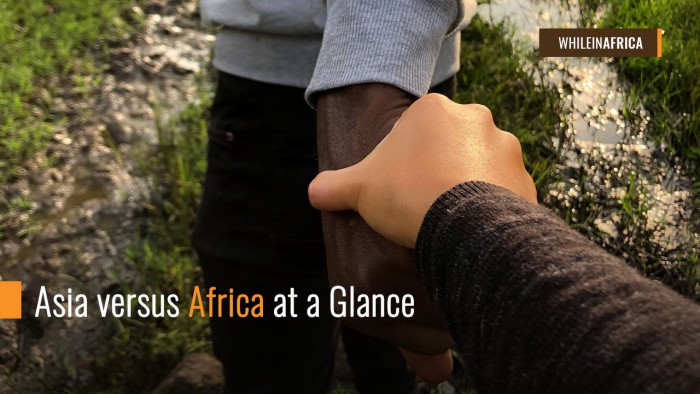
Asia versus Africa at a Glance
Geography Typical Weather Languages Spoken Cultures Cuisine Religion Africa as a Tourist Destination Top Destinations Internet/Wi-Fi Connectivity Travel Information Stay Safe Summary While Africa may be the oldest inhabited continent on Earth, it still lags behind the...
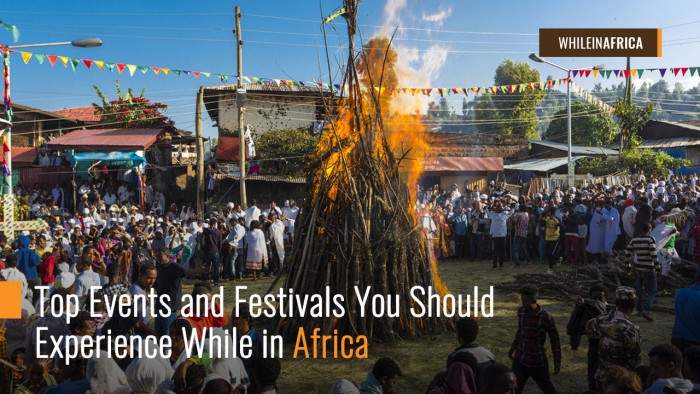
Top Events and Festivals You Should Experience While in Africa
If you’re planning a trip to Africa, why not center it around one of the many incredible festivals and events taking place across the continent? There are hundreds to choose from, so to help you narrow down your options, here are the top events and festivals you can...
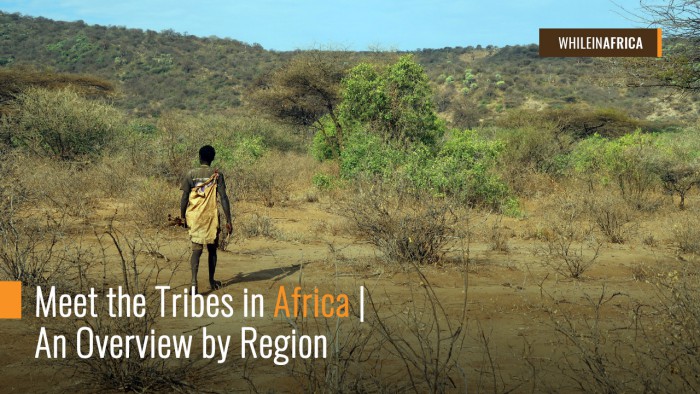
Meet the Tribes in Africa | An Overview by Region
Africa is known as a tribal continent even though it is not always the determining factor in a nation’s life. Colonial powers took little notice of tribes when they drew their national boundary lines. The result is that several tribes overlap into two or even three...
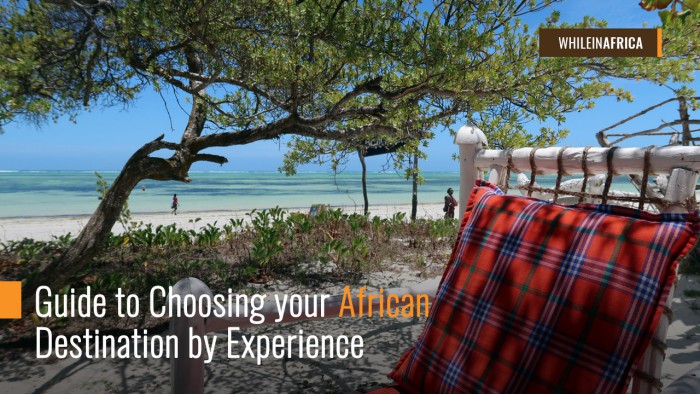
Guide to Choosing your African Destination by Experience
The only man I envy is the man who has not yet been to Africa – for he has so much to look forward to – Richard Mullin Wildlife and Safaris | Extreme Adventures | Deserts | Beach Life | Culture & History Business and Technology | Forest, Gorillas, and...
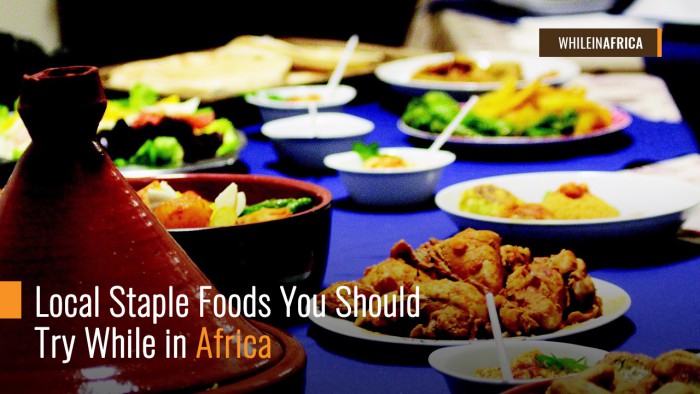
Local Staple Foods You Should Try While in Africa
African cuisine is as distinct as the many cultures that exist on the continent, and they not only reflect the immense riches of this diversity but are also full of spice and flavour. Each region poses its particularities and this makes African dishes unique from...
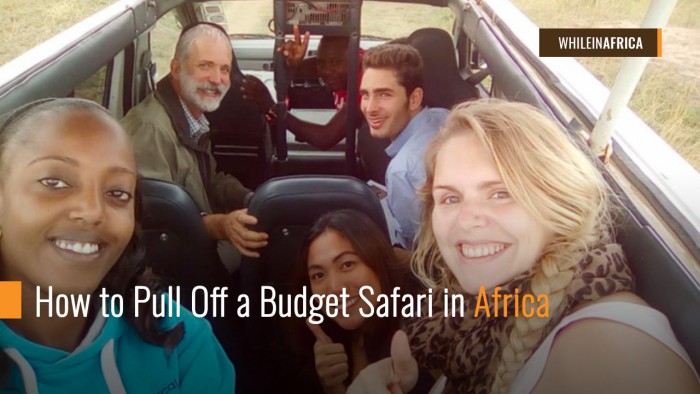
How to Pull Off a Budget Safari in Africa
For many travelers, the cost of embarking on a safari trip to Africa can seem pretty prohibitive. Many people dream of seeing the ‘big five’ in Tanzania, the Great Migration in Kenya, as well as the diverse species of mammals in Kruger and more, but end up staying put...
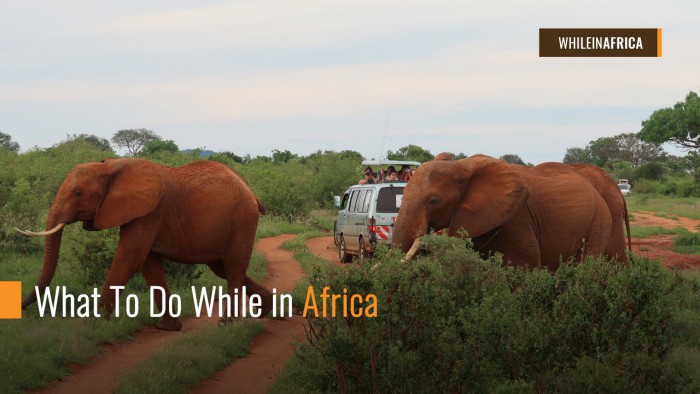
What To Do While in Africa
Africa is a continent of infinite variety. You will hardly scratch the surface on a single visit. Even today, there are remote regions where man has rarely ventured. When you first look at the activities the Continent can offer, you will find difficulty in deciding...
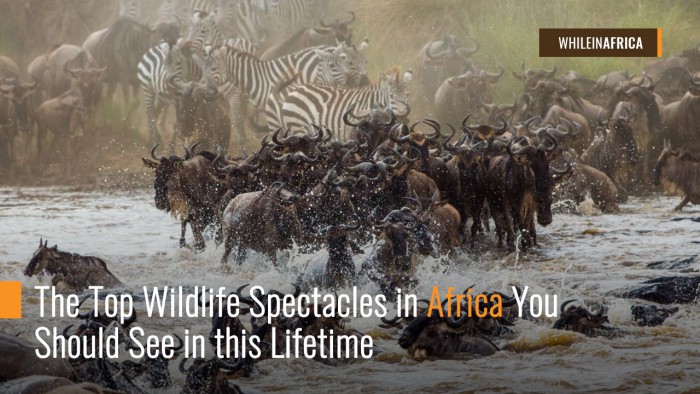
The Top Wildlife Spectacles in Africa You Should See in this Lifetime
The vast continent of Africa is home to the most incredible animal gatherings anywhere on the planet. You may already know about the unbelievable migration of one million wildebeest across Tanzania and Kenya. But there are many more examples across the continent that...
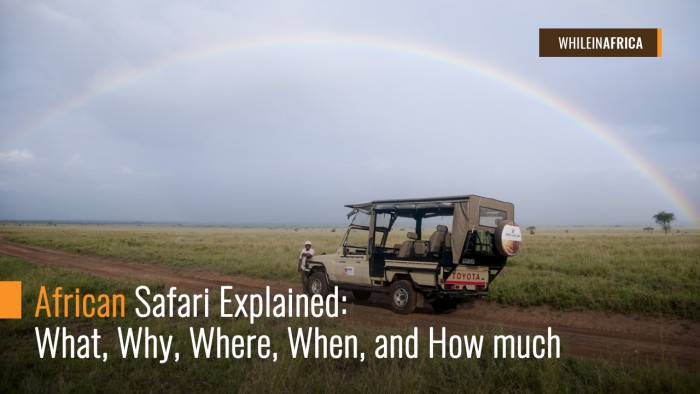
African Safari Explained: What, Why, Where, When, and How much
What Why Where How Much When How To Get There WHAT “African safari is an expedition or a trip, usually by tourists, to observe animals in their natural habitat.” These natural habitats can be national parks or game reserves such as Kruger national park in South...

